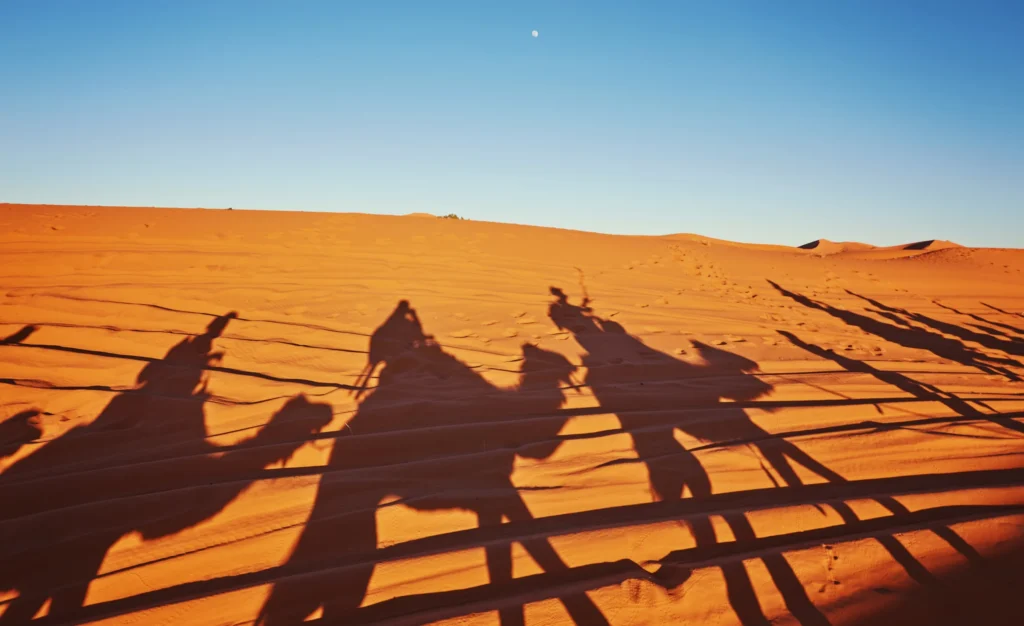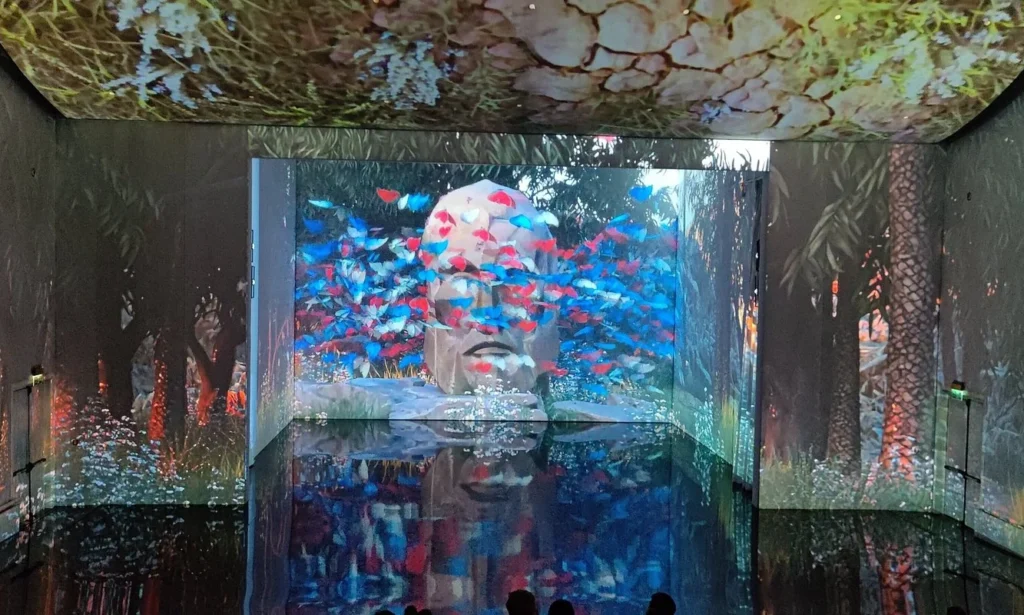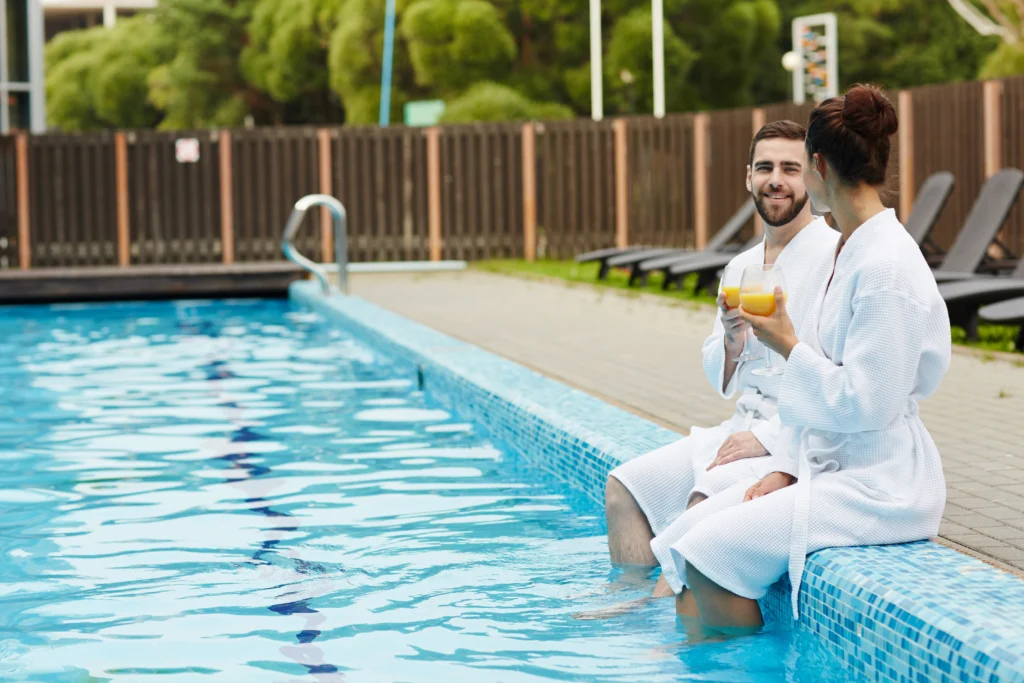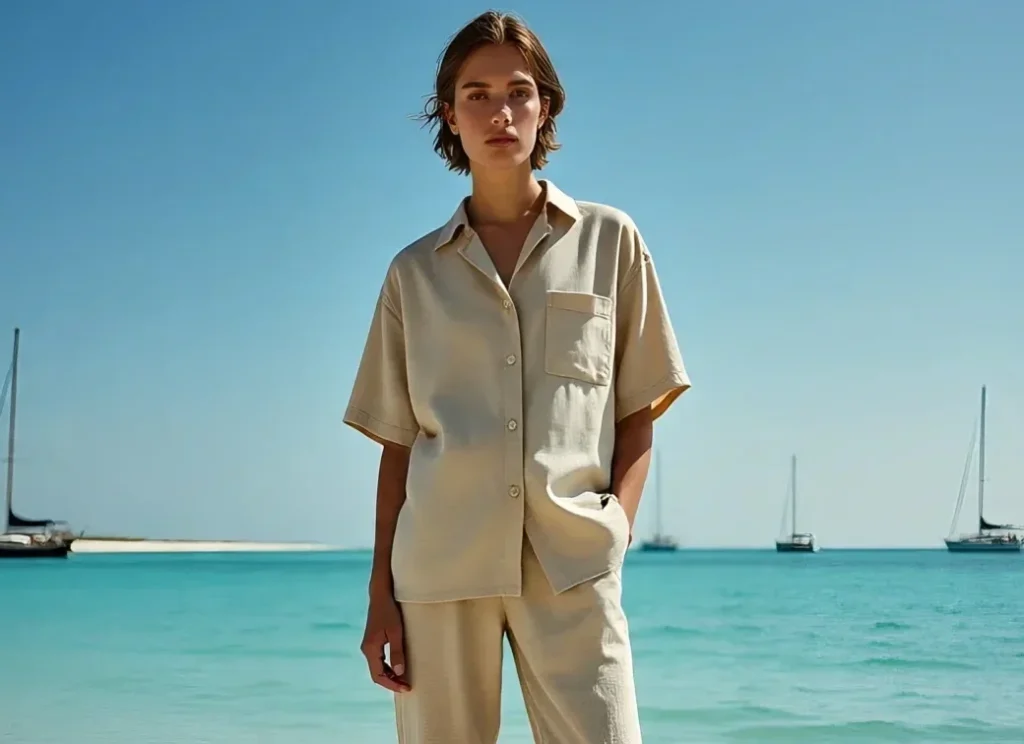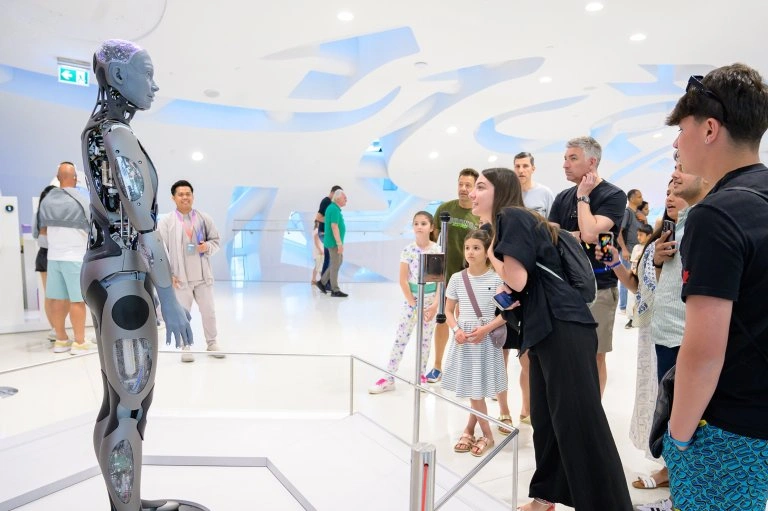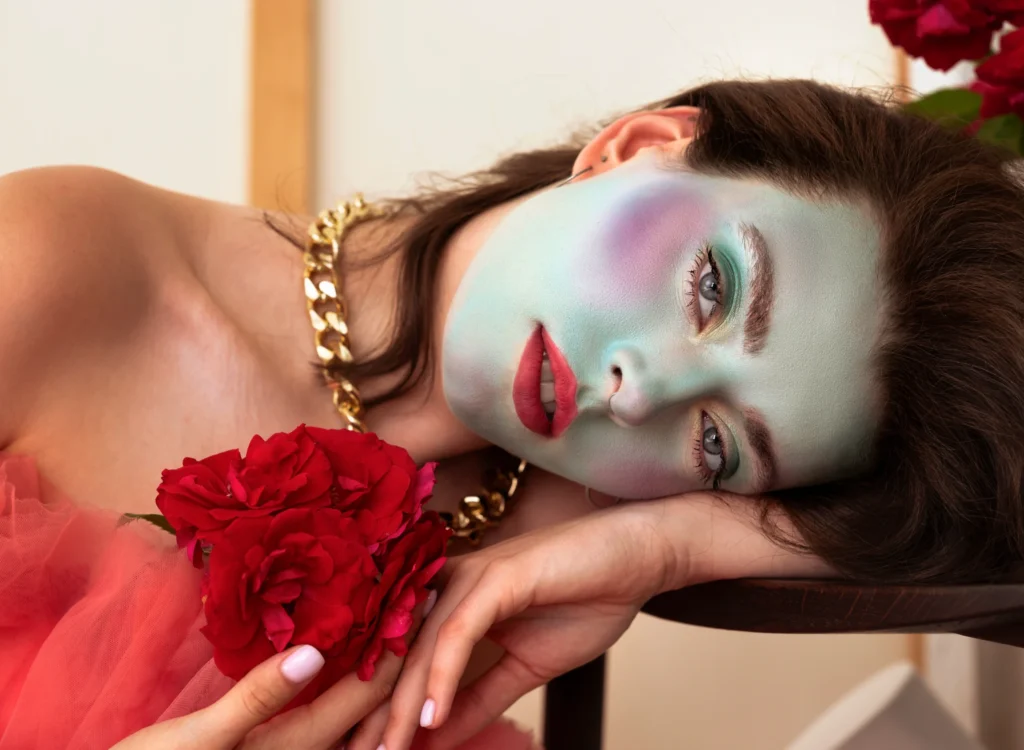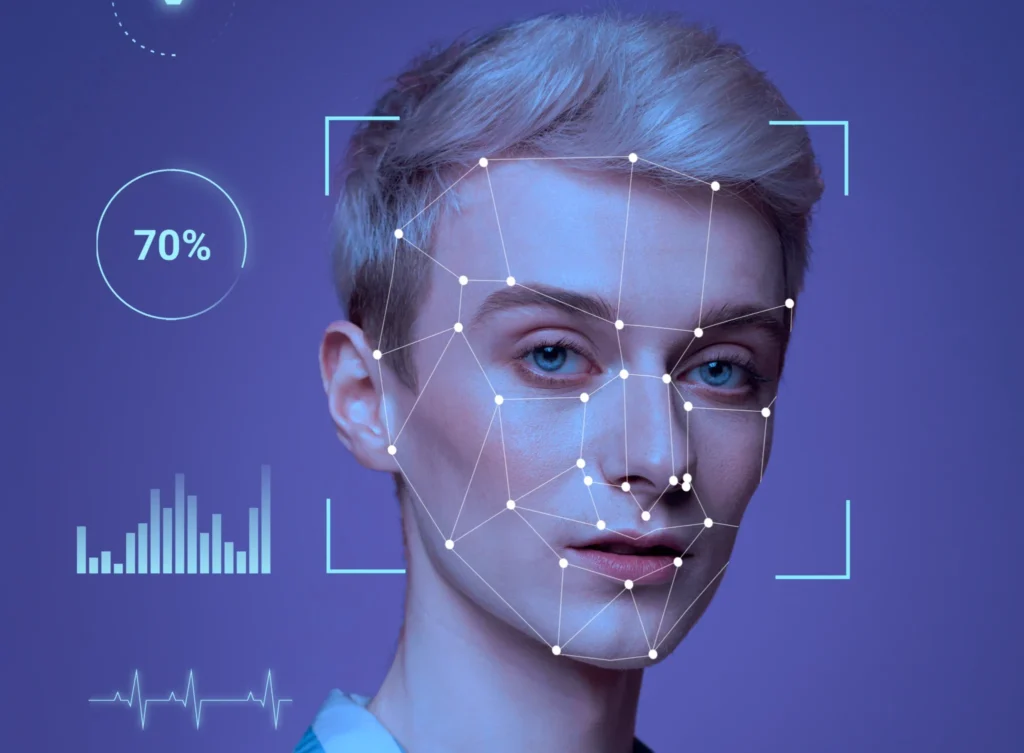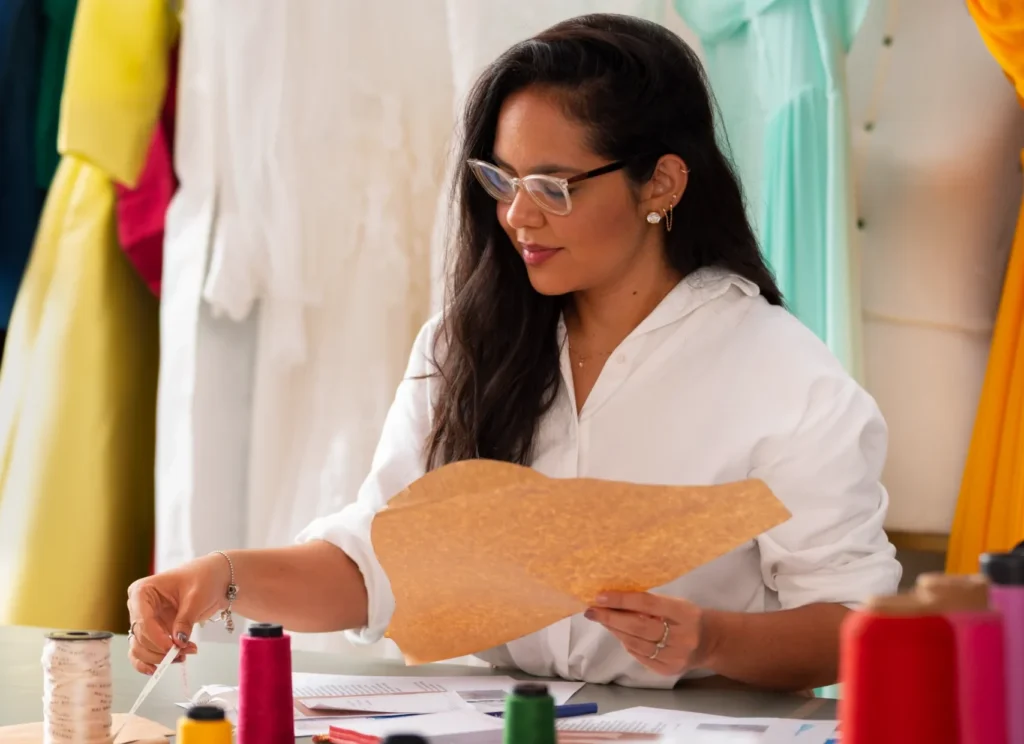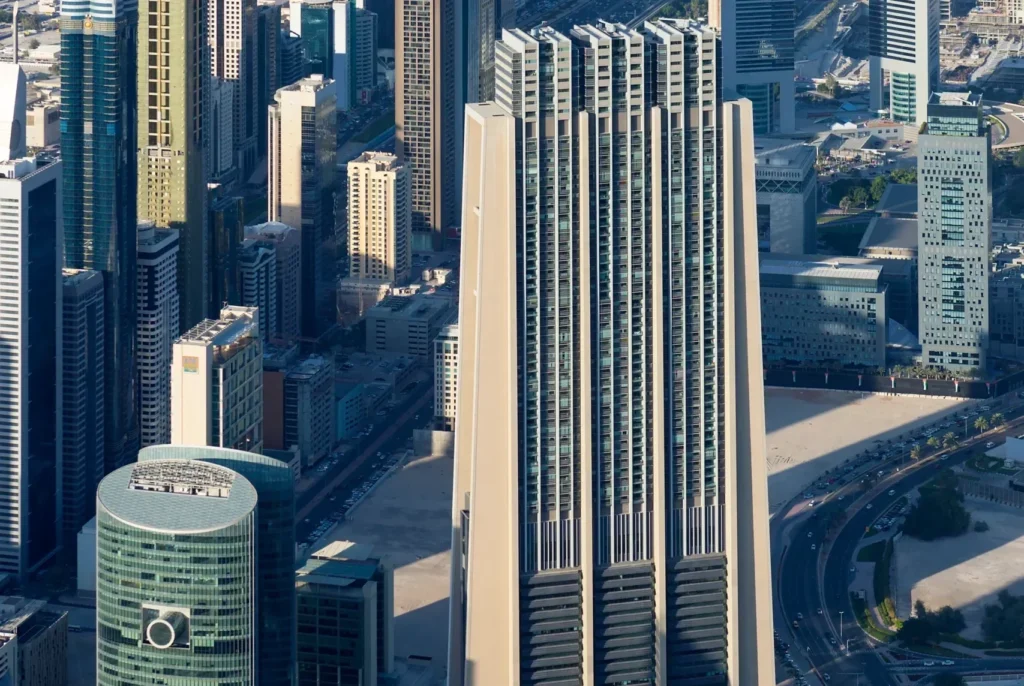Digital Nomad Visa of spain Welcomes UAE Remote Professionals By Hafsa Qadeer In the age of remote work, national borders are beginning to lose their grip on the lives of professionals. With laptops replacing office cubicles and co-working hubs replacing high-rises, a new kind of migration is quietly taking root. Among the most alluring destinations is Spain, offering not just sunshine and siestas but a Digital Nomad Visa that is pulling in remote workers from across the globe, including the UAE. For a country like the UAE, which has long attracted expatriate talent and built a robust ecosystem around mobility and global connectivity, this outward trend is notable. It reflects a growing curiosity among knowledge workers in the Emirates to explore life in Europe, not as tourists, but as working residents. And Spain, with its cultural heritage, Mediterranean lifestyle, and policy reforms, is quickly becoming a remote worker’s dream. A Visa Built for the New Age of Work Spain’s Digital Nomad Visa, launched in 2023, was designed as a direct response to the changing nature of global employment. It allows non-EU nationals to live and work in Spain for up to five years if they can prove remote employment with a non-Spanish company or operate a location-independent business. According to Spain’s Ministry for Economic Affairs and Digital Transformation, applicants must meet the following criteria to qualify for the Digital Nomad Visa: Be a non-EU national working remotely for a company outside Spain, or be self-employed with clients abroad (only 20% of income may originate from Spain) Demonstrate at least three months of prior contractual relationship with the company or clients Hold a university degree or have at least three years of professional experience in their field Obtain private health insurance valid in Spain Present a clear criminal record certificate from both Spain and their country of residence for the past five years Apply either from within Spain (as a residency permit) or from their home country via the Spanish consulate But it’s not just about red tape. The Spanish government is offering more than paperwork; it’s selling a lifestyle. For many UAE residents, particularly tech professionals, creatives, and entrepreneurs who are already familiar with the rhythms of remote work, the shift is seamless. Several remote workers we spoke to who made the leap from Dubai to Spain cited “a better work-life balance,” “affordable healthcare,” and “more immersive cultural life” as decisive factors. Why Spain? Why Now? The timing of this visa scheme could not be more strategic. Spain’s economy is leaning into remote work not only to recover from COVID-era contractions but also to counterbalance depopulation in smaller towns and stimulate local economies. In places like Valencia and Malaga, local councils have gone further, offering incentives to remote workers, investing in high-speed internet infrastructure, and even launching English-language integration programs. While major cities like Barcelona and Madrid remain digital nomad magnets, smaller coastal towns and inland gems are fast catching up. For UAE residents who have lived in fast-paced urban settings, the slower, more grounded rhythm of Spanish towns presents a different kind of luxury, one defined by time, space, and sensory depth rather than material opulence. Beyond the Instagram Filter There is a reason Spain consistently ranks high in global quality-of-life indexes. Universal healthcare, a well-developed public transport system, and a strong tradition of community living all contribute to the appeal. Internet infrastructure is modern and reliable, a must-have for remote professionals. According to digital strategist Imran Sheikh, who moved from Abu Dhabi to Madrid in early 2024, “The difference is not just economic, it’s psychological. I work fewer hours but get more done. There’s less burnout. And after work, I’m in a city built for walking, not commuting.” That sentiment is echoed by others who have swapped high-rise apartments in Business Bay or Marina for character-filled lofts in El Raval or beachside flats in Alicante. The cost of living in Spain, while rising, is still notably lower than in the UAE’s premium neighbourhoods. But it’s not without trade-offs. The bureaucracy in Spain can be notoriously slow. Navigating appointments at immigration offices or getting a local tax ID can frustrate newcomers accustomed to the UAE’s streamlined government portals. Still, most digital nomads say the benefits outweigh the administrative burdens. Cultural Integration vs. Community Isolation One key difference between living as an expatriate in the UAE and relocating as a digital nomad in Spain is the cultural dynamic. In the UAE, expat communities often exist in parallel to the local population. In Spain, however, integration is more organic and often expected. Language, in particular, plays a pivotal role. While English is widely spoken in co-working spaces and among younger Spaniards, fluency in Spanish is essential for deeper integration, especially in smaller towns. UAE residents who have made the shift note that becoming part of the community in Spain requires effort, but also opens doors to richer experiences. “In Dubai, I was part of a fast-moving expat ecosystem. Here, I’m part of a neighbourhood,” says Leila Khan, a remote UX designer based in Valencia. “You get to know your barista, your grocer, your neighbours. It’s human.” Implications for the UAE The UAE is not losing its appeal, far from it. The country has introduced its own remote work visa and Golden Visa options for freelancers and tech professionals. But what’s becoming evident is that the global workforce is more fluid than ever. Rather than competing, destinations like Spain and the UAE represent two poles of a new global work culture, one defined by agility, optionality, and hybrid lifestyles. It’s no longer about brain drain or gain, but about brain circulation. According to Emirates-based mobility consultant Amina Noor, “We are entering an age where professionals may spend five years in Dubai, three in Barcelona, two in Bali, and keep rotating. Countries that support this kind of mobility, with easy visa regimes and strong digital infrastructure, will come out ahead.” Digital Nomadism as a Global Movement Spain’s visa is part of a

